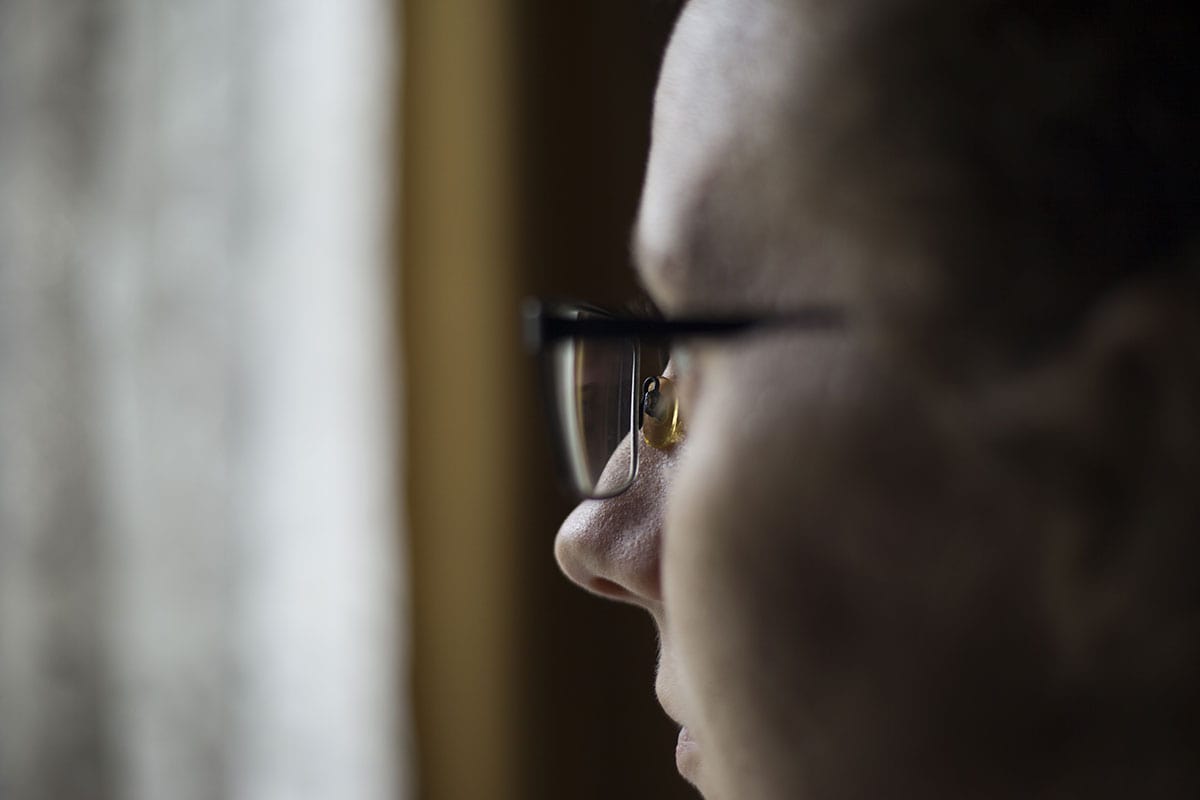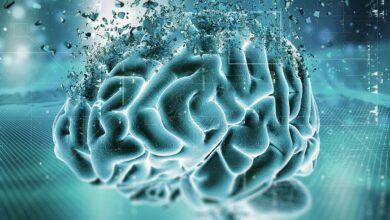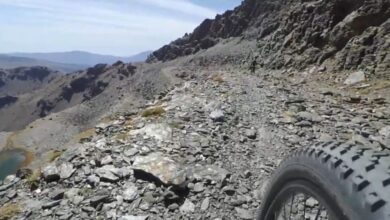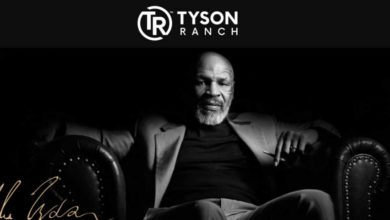Post traumatic stress disorder (PTSD) is a chronic mental health condition. It can result from an individual experiencing a major trauma, such as military combat or assault.
CBD has been found in studies to be very effective in reducing other anxiety disorders. But how effective is it for PTSD?
This blog post will look at the research and give you the information you need to decide for yourself. CBD and PTSD: can it help?
What is Post Traumatic Stress Disorder?
Post traumatic stress disorder is a psychological illness that is traditionally associated with military veterans. Whilst this group is particularly at risk, the reality is that anybody experiencing a traumatic experience can develop PTSD. Trigger events include childhood neglect, sexual harassment, or a tragic accident.
PTSD symptoms:
Some common symptoms of PTSD include:
- intense fear
- panic attacks
- flashbacks
- nightmares
- avoidance of certain locations and triggers
- difficulties with relationships, social interactions, and trouble sleeping.
How does CBD work in the human body?
CBD activates cannabinoid receptors all over the body within what is known as the endocannabinoid system (ECS)
What is the endocannabinoid system?
The ECS is a key component of your body’s support system. It regulates numerous functions including sleep cycles, hunger, emotions, and moods as well as motor control processes such as balance and coordination.
It comprises three parts:
- cannabinoid receptors
- neurotransmitters called endocannabinoids (anandamide and 2-AG)
- enzymes that synthesize and degrade the endocannabinoids.
The two receptors of the endocannabinoid system are CB1 and CB2
CB1 receptors are found mostly in the brain and help regulate functions such as memory, mood, appetite, and pain sensation.
CB2 receptors are found on immune cells and it has been hypothesized that CBD could help its effectiveness against inflammation.
How CBD works to help with PTSD symptoms
Many PTSD patients find relief from CBD because it:
- decreases the excitability of the neurons in the brain
- can reduce the likelihood of interpreting stimuli as a threat.
- does not make you feel high.
- increases the level of anandamides in the brain, which can increase happiness.
- gives a feeling of control and reduces fearfulness
- helps with depression and anxiety related disorders.
- reduces insomnia and sleep disturbances making it a good alternative to sleeping pills for some people.
The benefits of using CBD for PTSD diagnosed patients
The anxiety that accompanies PTSD can be overwhelming, and can lead to depression and other mental health conditions.
Some studies indicate that PTSD is caused at least in part by a disruption in the body’s endocannabinoid system. The ECS is responsible for regulating anxiety.
Serotonin is the chemical messenger that acts as a mood stabilizer. It is believed to help produce healthy sleeping patterns as well as boost your mood and lift anxiety. Having more serotonin in your system lifts mood, enhances feelings of wellbeing and reduces anxiety.
CBD stimulates the endocannabinoid system, interacting with serotonin receptors in a very similar way to the antidepressant drugs SSRIs (selective serotonin reuptake inhibitors). SSRIs are the standard way of treating PTSD and work by slowing the breakdown of serotonin by the body. This means the body can make use of the serotonin for longer.
Forms of CBD available
There are many different forms of CBD:
CBD Oils
This is the most common forms of CBD used for treating PTSD.
They come in a variety of strengths, dosages, flavours and prices which can make it overwhelming to decide on the best one. The best advice is to start as low as possible and work up until you find the dose that works for you.
The most efficient way of taking CBD oil is sublingually (under the tongue). This way it is absorbed by the mucous membranes and can pass directly into the bloodstream.
Oil taken this way should remain in the body for 6-8 hours. Taking this 3 times a day, in the morning, at lunchtime and before bed should therefore ensure 24 hour coverage.
Tinctures
Tinctures are another form of CBD oil that is applied under the tongue. They are easy to use, carry around and have very little taste or smell so can be consumed discreetly when needed without drawing attention to yourself .
Pills and capsules
These are a simple and easy way to get the benefits of CBD oil. They work well as anxiety medication and are also convenient for those on-the-go who don’t have time to sit down.
Edibles
Edibles can be found in almost any form you can imagine: chocolate bars, iced coffee drinks, lollipops and even lip balm. Gummies are a fun, tasty way to consume medication in general but especially anxiety reducing supplements like cannabidiol.
They are also available in different flavours which makes it even easier on everyone! A great option if you’re looking for something not too serious. They have just enough calming effect to get through an anxiety-inducing day at work/school/home etc.
Flowers or buds
Vaping or smoking CBD flowers or buds is another popular option for anxiety sufferers. The advantage is the speed in which it enters your bloodstream. This is the most efficient way to take CBD and the effects should be felt in less than a minute.
The disadvantage is that the effect is short lived and can wear off in just half an hour.
Full Spectrum, Broad Spectrum or CBD Isolate?
Looking at CBD oils and capsules you may have seen them described as either Full Spectrum, Broad Spectrum or CBD Isolate. But what is the difference?
The Cannabis Sativa plant contains over 500 active ingredients called cannabinoids, flavonoids and terpenes. These include CBD and THC (the element that makes people high). Full spectrum products contain all of the active ingredients distilled from the plant, including small, legal amounts of THC.
This is useful because there is strong evidence that whilst CBD alone is effective, CBD combined with all the other elements from plant is much more effective, as the different cannabinoids work together in what is known as the “Entourage Effect”
However, for somebody suffering from anxiety or PTSD, even a tiny amount of THC can be enough to provoke a stress response.
It is therefore more recommendable to opt for a Broad Spectrum product. These, like full spectrum oils contain most of the cannabinoids of cannabis, but crucially will contain either no, or absolutely miniscule amounts of THC, making them far less likely to trigger panic or other overwhelming emotions in PTSD patients.
CBD isolate, as the name suggests, is just pure cannabidiol and contains none of the other elements of cannabis.
Dosage guide
It’s best to start by taking a small dose of CBD and then gradually increase the amount you take over time. The suggested dosage for anxiety is 200-300mg, especially if treating anxiety related to PTSD, but it is always better to start with a lower amount, even as little as 10mg three times a day to give your body time to get used to it.
The best form of CBD for PTSD patients is probably either CBD oil or tincture as these stay in the body for 6-8 hours. Taken 3 times a day – morning, lunchtime and before bed – this should ensure 24 hour cover and with time lower the physical distress associated with post traumatic stress disorder.
For people suffering from sleep disturbances, a slightly higher dose taken before bed can help induce sleep.
Side effects and risk factors of CBD
Though CBD is generally well tolerated, it can have some side effects. The most common are:
- dry mouth
- diarrhea
- reduced appetite
- drowsiness
- fatigue
CBD can also interact with some types of anti-epileptic medications, so if you are using CBD it’s vital to consult your doctor first.
When should you consult a doctor about your anxiety, depression, or PTSD symptoms
It’s important to consult a doctor when your anxiety, depression, or PTSD symptoms affect your life. When you feel you are worrying too much, exhausted, feeling helpless or hopeless and feeling angry for no reason then a psychological assessment is in order.
A doctor can provide a referral if you’re not sure which type of treatment is best for you. They should also be able to recommend a therapist who specializes in anxiety-related disorders.
Never feel embarrassed to talk about it and never feel ashamed. Mental health issues affect millions of people so there is nothing wrong with talking about all this stuff!
Other ways to help PTSD
There are many ways to help PTSD, but they all work differently for different people.
Some of these include meditation, using anxiety-management techniques like Cognitive Behavioral Therapy (CBT), or through self-help with anxiety-management books.
Remember that you need to find what works for you and your needs; there’s no one size fits all solution to PTSD.
Who should not use CBD for PTSD
People who use stimulant medication should not take CBD because it can make stimulants more powerful and increase the side effects.
Conclusion
Whilst more clinical trials are needed, the anecdotal evidence of PTSD sufferers plus the results of observational studies all seem to suggest that CBD may offer a good alternative to conventional treatments for treating the symptoms of PTSD.
It is important to bear in mind that everybody’s physiology and nervous system is different, as is their way of processing and manifesting trauma.
What works for somebody else may not work for you.
If you have received a PTSD diagnosis and are considering using cannabis or CBD for symptoms related to your condition, be sure to consult with your medical professional first so they can monitor and advise if CBD will be an effective treatment for you.
FAQS
Does CBD heal trauma?
A lot of people are curious about the effects of CBD on anxiety and trauma. To answer this question, it’s important to first understand what anxiety and trauma are.
Anxiety is an emotional state that is characterized by feeling worried, nervous or uneasy. This can be caused by factors such as stress, anxiety disorders, depression, obsessive compulsive disorder (OCD), post-traumatic anxiety disorder (PTSD) and phobias.
Trauma is an injury or wound to living tissue or an event which causes psychological damage to the victim. These traumas can be classified into sudden traumatic incidents like accidents or disasters; chronic trauma, like childhood neglect or abuse; or a single event, like a car accident.
Since anxiety and trauma are both emotional states, CBD can be used to treat them by regulating the body’s reaction to stressors. It has been shown that anxiety is highly related with abnormal levels of cortisol in the bloodstream.
In this way, CBD acts as an antagonist at cannabinoid receptors which results in boosting mood-elevating neurochemicals such as serotonin and dopamine while naturally lowering cortisol production for anxiety relief. These neurotransmitters play a large role not just in anxiety but also depression too.
On top of these effects, it has also been seen that cannabinoids help regulate traumatic memories during PTSD treatment thus creating long lasting positive changes.
How does CBD calm nerves?
CBD is able to help anxiety disorders by restoring balance in the brain and body. It is able to stabilize anxiety and prevent it from overwhelming a person.
CBD has an effect on adrenaline levels which can help someone cope with stressful situations without becoming overwhelmed. This way it will reduce the symptoms of posttraumatic stress disorder.
Medical marijuana and PTSD
Medical marijuana is an effective method for managing anxiety symptoms, so it may have some use for anxiety caused by PTSD. People with anxiety disorders have reported feeling less anxiety when using medical cannabis to control their anxiety symptoms.
In this 2020 clinical trial, the effects of THC were studied on three groups of participants: trauma-exposed adults with PTSD, trauma-exposed adults without PTSD and healthy controls who had not been exposed to trauma.
The 71 individuals were given either THC, or a placebo, then required to fulfil a stressful exercise. It was found that THC lowered threat-related amygdala reactivity, effectively reducing feelings of fear and anxiety. The study concluded that THC could be useful for treating stress- and trauma-related psychopathology.
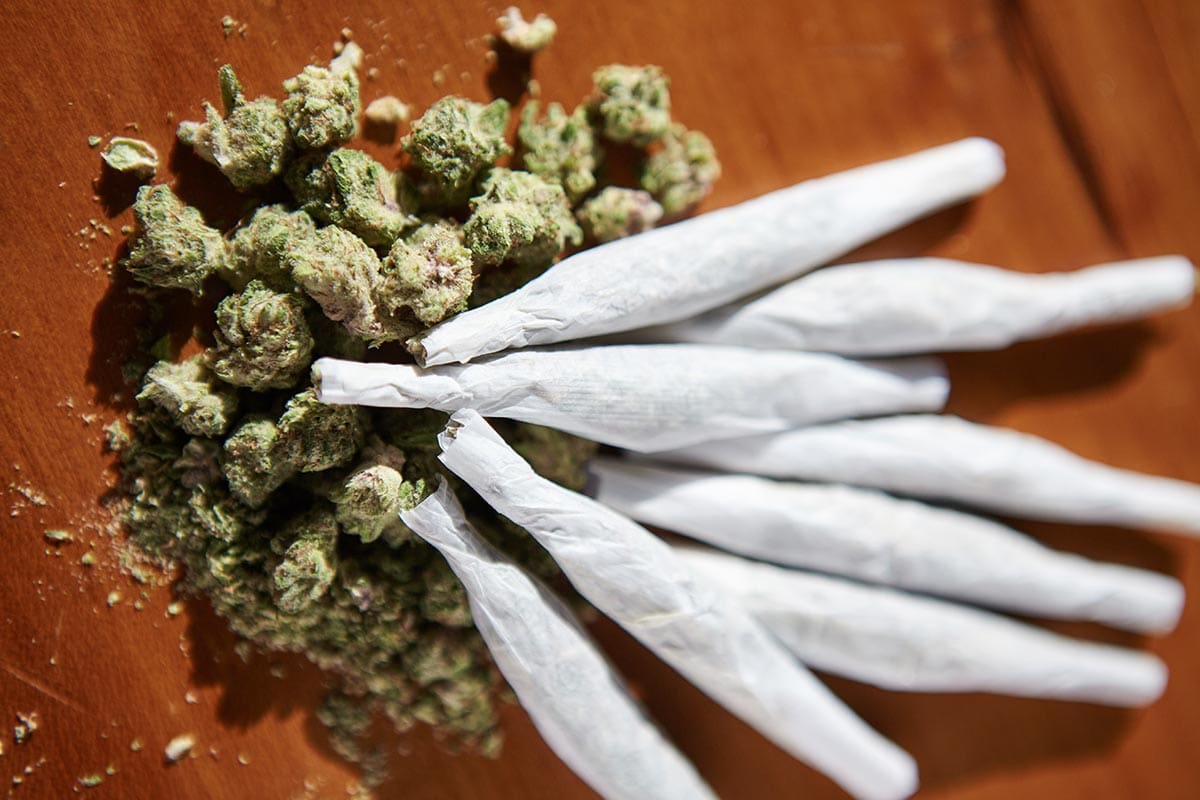
What strain is best for PTSD?
There are many lists of the best strains for posttraumatic stress disorder, but actually the best strain depends to a large extent on what you are looking for. This could be either something to lift your mood and help depression, or to calm anxiety, ease pain and help insomnia.
Whichever you are looking for, a high CBD content is a good idea as it will counteract the THC and reduce the chances of anxiety.
If you are looking for something relaxing or to make you sleep you need something Indica-dominant, like Purple Kush or AC/DC.
If you are looking for something to lift your mood, you will need something sativa-dominant. Ideally a strain that is energising and creative that will lift your serotonin levels without inducing anxiety. Harlequin is a good example as it is sativa-dominant but also has very high CBD levels.
Information about the legality of cannabis in your state or country
Here are just some examples of the European country policies on medical cannabis:
France
In France, there is a system of “auto-cultivation” for legal patients. The patient can grow a limited number of plants at a time and is obliged to notify the authorities. The number of plants which can be grown is controlled by a regional prefect.
Germany
In Germany, cannabis for medical use is only legal with special permission from the federal government or one of its state agencies.
Italy
In Italy, patients get prescriptions for medical cannabis from their doctors and then get registered with the Italian Ministry of Defense to purchase it from an authorized dealer. They must do so in person and have their prescription document on hand. Patients have reported that they have trouble finding a dealer, however.
The Netherlands
In the Netherlands, pharmacies can sell dried cannabis flowers but only as “food”, not medicine. This is because medical use of cannabis has been permitted since 2003 and recreational use was decriminalized in 1976. If you have a prescription from your doctor for one of the following conditions: anxiety disorder; migraine or severe headaches; multiple sclerosis (MS); chronic pain due to arthritis or fibromyalgia; AIDS/HIV infection ; glaucoma…you may purchase up to three grams per day at any pharmacy that carries it. You do not need special permission from the government except if you are under 18 years old – then you must get your parent’s consent. In addition patients will be asked some questions by their pharmacist before they are allowed to purchase cannabis.
The UK
In the UK, medical use of CBD is regulated by a government agency called The Medicines and Healthcare products Regulatory Agency (MHRA).
Spain
Growing weed at home remains strictly prohibited everywhere except for Spain. Here, in a legal gray area the growing of up to three plants is “decriminalized” as long as these are grown in the privacy of your home and out of sight.
It should be noted here that importing or exporting marijuana, hashish oil or any other type of cannabis extract falls into some serious legal trouble due mostly to its Schedule I status on an international level.
Make sure you check your country’s laws for specifics before attempting anything like this.
READ MORE


